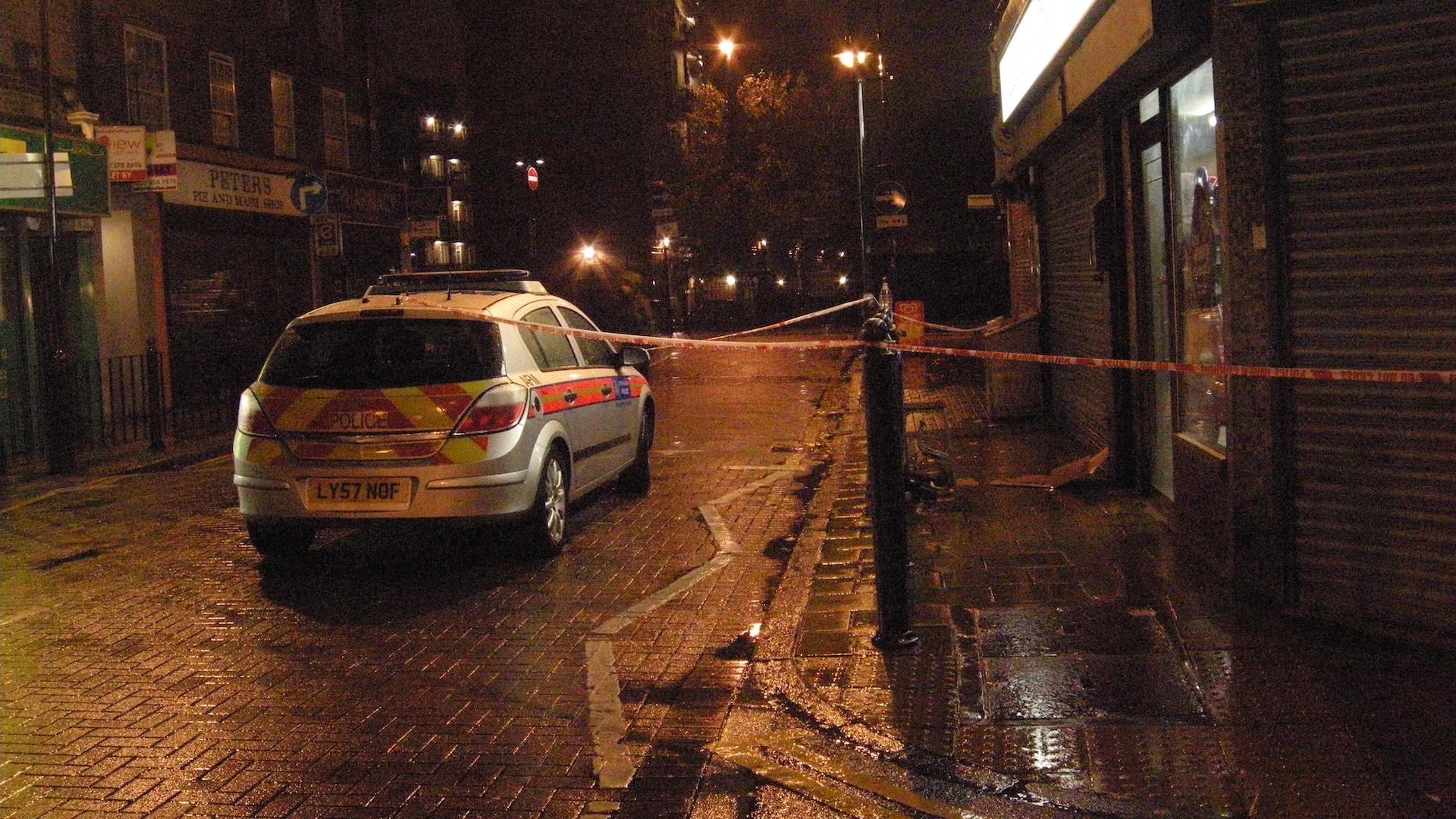Knife crime convictions hit a ten-year high of 22,286 in England and Wales in 2019, with more than a fifth of crimes committed by 10-17-year-olds.
The same year, 24 children younger than 17 were murdered with a knife or sharp object, the highest in eleven years.
“There is no doubt that the pandemic has made matters worse,” Green added. “It has increased vulnerability factors such as poverty and isolation which can make a young person more susceptible to exploitation while also making it harder for youth agencies to identify those most at risk.”
The report is a “wake-up call for the Government”, said Green, urging ministers to treat the issue with a public health model “and tackle the underlying causes of youth violence such as poverty, inequality, and racism.”
“The dire consequences of criminal exploitation and serious violence on children are clear to see – the regular toll on young lives is played out across our newspapers and TV news bulletins with depressing regularity,” Longfield said in a statement.
“In the context of a global pandemic, it is easy to understand how these issues could drop down the agenda, but it is vital they are prioritised at all levels,” she added.
The term “youth violence” is not mentioned once in Public Health England’s 2020-25 strategy, the report noted.
The Covid-19 crisis has made vulnerable young people even more difficult to identify, figures showed, with a 12 per cent drop in referrals to children’s services recorded in November.
This is despite the likelihood that lockdown is putting more kids at risk, with police reporting that “away from the watchful eyes of teachers, bored and lonely children are increasingly at risk in parks and takeaways, with predators waiting to pounce”.
The children most at risk are excluded from school or are persistently absent, according to the study, and many are going missing from care.
Longfield recommended the Government introduce a national drugs strategy for children as well as calling for ring-fenced funding for councils to deal with criminal exploitation and violence.
Exclusion from school must be a last resort, she added, and schools must be more accountable for knowing where children are when they are excluded.
To keep children safe, the response to youth violence must be a national priority across policing, public health and children’s services
Longfield also recommended funding for schools to stay open at evenings and weekends to provide somewhere to go for high-risk children.
The Government previously invested £35 million in Violence Reduction Units (VRUs), which involve health and social workers as well as police in preventing violence within communities. Longfield praised the move but said with VRUs established in only 18 parts of England, too little was being done elsewhere to tackle violent crime for good.
Scotland’s Violence Reduction Unit in Glasgow was the first in the UK and credited with cutting knife crime in the city by 69 per cent between 2006 and 2015.
Director Niven Rennie previously told The Big Issue poverty was the biggest obstacle in tackling violence.
“Life is so difficult for a lot of people in poorer communities, they turn to alcohol and drugs to blur the sense of despair and lack of hope they feel,” he said.
“Poverty is the real driver for so many of these issues. We need to actually present people with opportunity and investment.”
Most councils are not tracking local school exclusions, the Children’s Commissioner said, while the numbers of children being treated for drug problems has fallen by 41 per cent.
“To keep children safe, the response to youth violence must be a national priority across policing, public health and children’s services,” the Children’s Commissioner said.
“We need equally strong national leadership in each of these three fields, backed up by local partnership working. This is the only way to fully implement a genuine public health approach across the country.
“Tragically, until there is this joined up public health response to gangs that identifies and helps all those children at risk as early as possible, teenagers will keep dying on our streets.”









